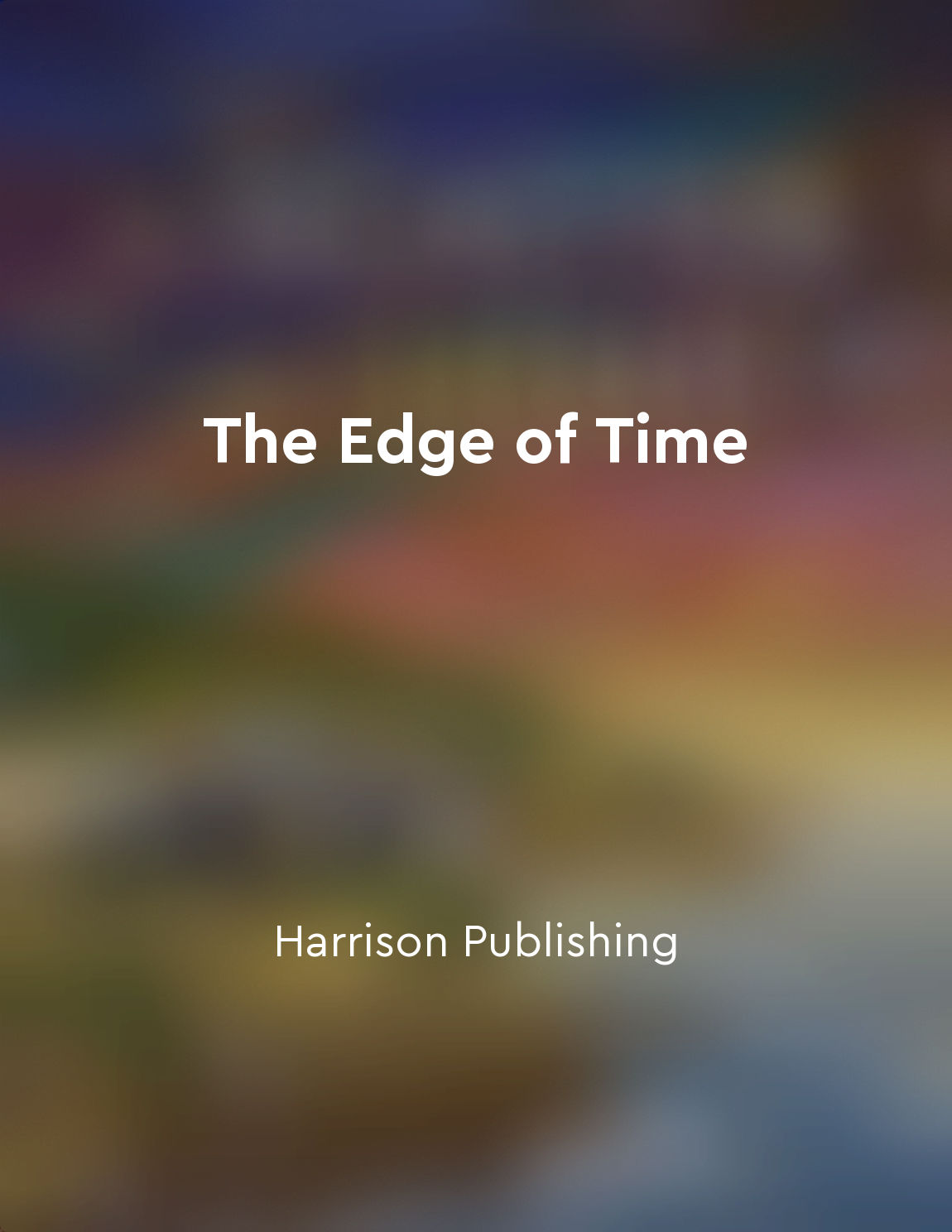Encouraging curiosity and exploration nurtures mindfulness from "summary" of The Mindful Child by Susan Kaiser Greenland
Encouraging curiosity and exploration in children can be a powerful way to foster mindfulness. When children are encouraged to ask questions, investigate their surroundings, and engage with new experiences, they are more likely to stay present and aware in the moment. This sense of curiosity not only helps children develop their cognitive abilities but also promotes a sense of wonder and appreciation for the world around them. By creating an environment that values curiosity and exploration, parents and educators can help children develop the skills they need to be more mindful in their everyday lives. When children are encouraged to explore their surroundings with a sense of curiosity and awe, they are more likely to notice the small details that often go unnoticed. This heightened awareness can help children stay focused on the present moment and cultivate a sense of gratitude for the world around them. Encouraging curiosity and exploration can also help children develop important social and emotional skills. When children are encouraged to ask questions and explore new ideas, they are more likely to develop empathy and compassion for others. This sense of curiosity can help children develop a deeper understanding of themselves and the world around them, which can lead to more meaningful and fulfilling relationships with others. In today's fast-paced world, it can be easy for children to become distracted and overwhelmed by the constant stream of information and stimuli. By fostering a sense of curiosity and exploration, parents and educators can help children develop the skills they need to stay grounded and present in the moment. Encouraging children to ask questions, investigate their surroundings, and engage with new experiences can help them develop the mindfulness they need to navigate the challenges of modern life with grace and resilience.Similar Posts
Stay open to new information
To think like a scientist, we need to be willing to revise our beliefs in the face of new evidence. This requires a certain lev...
Harnessing willpower is essential
In the quest for change, willpower is often seen as the Holy Grail. Harnessing willpower is essential because it is the force t...
Every brain needs oxygen
The brain is a remarkable organ, capable of processing vast amounts of information in a split second. But like any other organ ...
Practice radical honesty
Naval Ravikant believes in the power of radical honesty. It's about being brutally honest with yourself and others. It's about ...

Time travel is a dream
The idea that one can travel through time is a wistful thought that has captured the imagination of many for centuries. The con...

Curiosity is necessary for learning
Warren Berger emphasizes the importance of curiosity in the process of learning in his book 'Uma Pergunta mais Bonita'. He sugg...
Mental habits shape our perceptions
Our perceptions are not just shaped by the world outside of us; they are also shaped by our mental habits. These mental habits ...
Set clear goals
Without a clear destination in mind, it's easy to veer off course. Setting clear goals provides you with a roadmap to follow, g...
Take responsibility for your actions
Taking responsibility for your actions means owning up to the choices you make and the consequences that follow. It involves ac...
